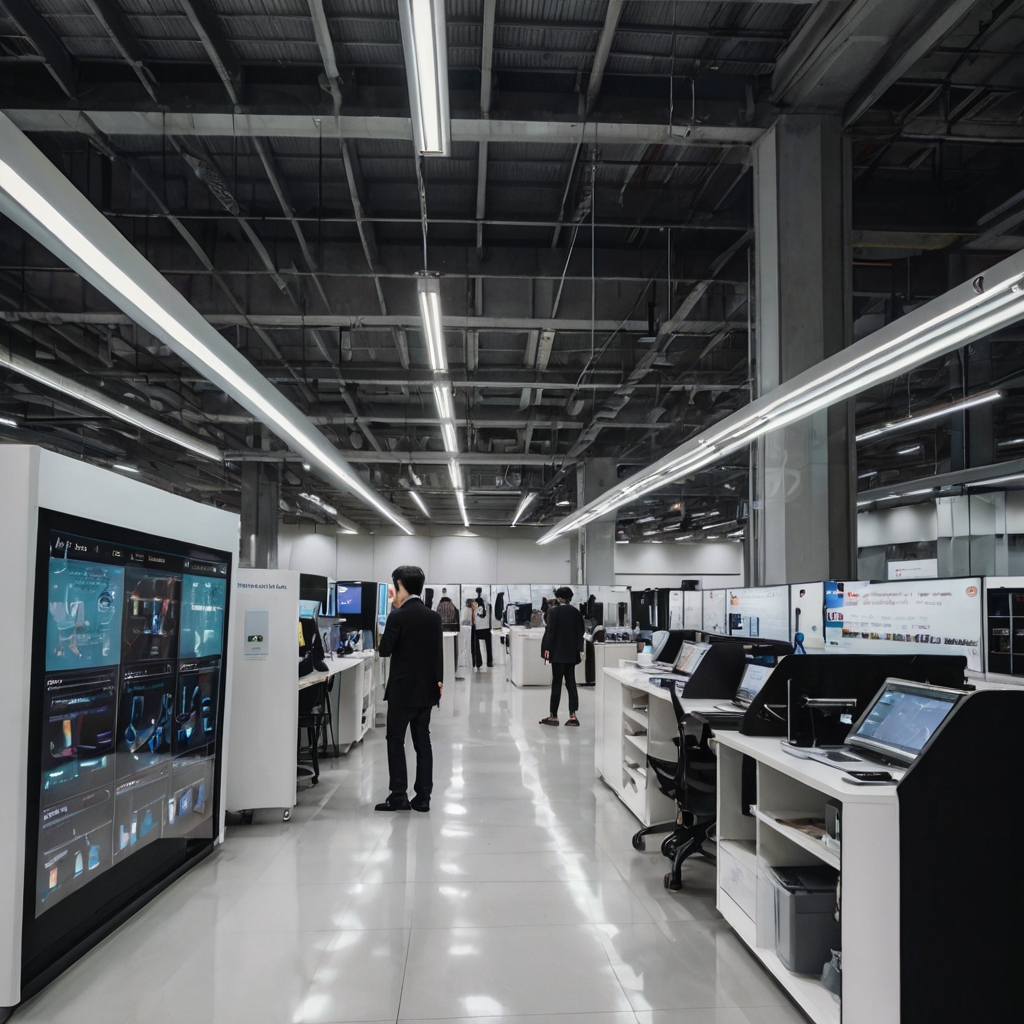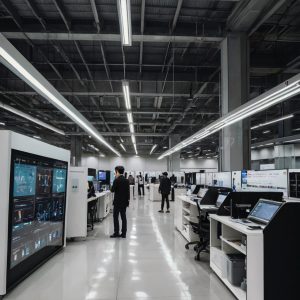As we look toward 2024, South Korea’s Internet of Things (IoT) market presents a fascinating landscape characterized by rapid growth, innovative applications, and emerging challenges. With its reputation for technological prowess and a robust digital infrastructure, South Korea is set to leverage IoT across various sectors, reshaping how businesses operate and how individuals engage with technology.
Current Market Landscape
The South Korean IoT market is projected to reach significant milestones in 2024, with forecasts estimating a compound annual growth rate (CAGR) of around 25%. This impressive growth is primarily driven by the government’s proactive policies aimed at fostering a smart and connected society. Initiatives like the “Smart City” project, which focuses on integrating IoT technologies into urban planning, are at the forefront of this transformation. These projects enhance public safety, streamline transportation, and improve energy efficiency, demonstrating how IoT can revolutionize daily life.
Key Drivers of Growth
A significant catalyst for the growth of IoT in South Korea is the nationwide rollout of 5G technology. With its superior speed and low latency, 5G enhances the performance of IoT devices, enabling real-time data processing and communication. This capability is crucial for applications in smart cities, autonomous vehicles, and industrial automation, where timely information exchange can lead to significant operational improvements.
Moreover, the increasing demand for smart home devices is reshaping consumer behavior. From connected appliances to home security systems, South Koreans are increasingly seeking solutions that offer convenience and efficiency. This trend is further accelerated by the shift toward remote work, which has heightened the focus on smart technologies that enhance the home environment.
Sector-Specific Applications
In 2024, the healthcare sector is expected to be one of the most significant beneficiaries of IoT innovations. Remote patient monitoring systems, telehealth solutions, and smart wearables are set to improve patient care and operational efficiency in healthcare facilities. The COVID-19 pandemic has underscored the importance of these technologies, driving increased investment in digital health solutions.
In the industrial sector, IoT is transforming traditional manufacturing processes through predictive maintenance and supply chain optimization. Companies are investing in IoT technologies to enhance productivity and reduce operational costs, leveraging data analytics to make informed decisions and improve efficiency.
Challenges Ahead
Despite the promising outlook, the South Korean IoT market faces several challenges. Data security remains a top concern, as the proliferation of connected devices creates new vulnerabilities. Protecting sensitive information from cyber threats is paramount, necessitating robust security protocols.
Additionally, the issue of interoperability among various IoT devices presents a hurdle. For the full potential of IoT to be realized, seamless communication between devices from different manufacturers is essential. The industry must work collaboratively to establish standards that facilitate this integration.
For More Info: – https://www.gmiresearch.com/report/south-korea-internet-of-things-market/
Conclusion
In summary, the analysis of South Korea’s IoT market in 2024 reveals a landscape ripe with opportunity yet marked by challenges. With strong government backing, technological advancements, and a growing consumer base, South Korea is poised to harness the potential of IoT to drive innovation across multiple sectors. By addressing security concerns and fostering interoperability, the nation can solidify its position as a global leader in the IoT space, paving the way for a smarter, more connected future.

